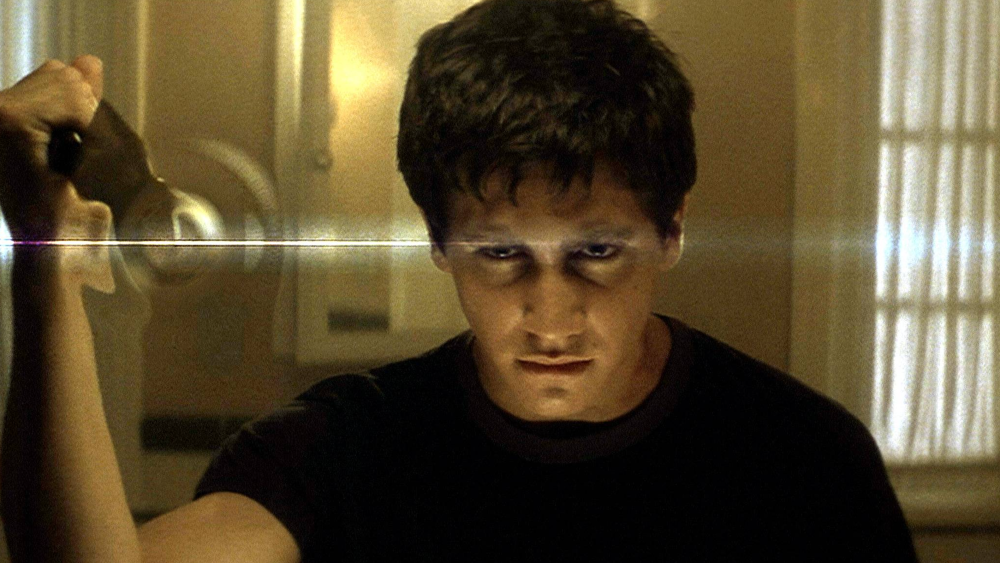In an age where streaming services dominate entertainment consumption, boutique Blu-ray labels are experiencing an unexpected renaissance, with industry leaders citing a growing hunger for tangible, curated film experiences that digital platforms cannot replicate.
Speaking at SXSW London‘s “Why Boutique Blu-ray Labels Are Thriving in the Digital Age” panel on Friday, Louise Buckler, head of marketing at Arrow Films, and Chris Holden, managing director of Second Sight Films, outlined how their companies have carved out thriving niches in an increasingly digital landscape.
The boutique Blu-ray market has drawn frequent comparisons to the vinyl revival, with both formats appealing to collectors seeking physical ownership and premium quality. Recent data from the British Association for Screen Entertainment (BASE) supports this trend, showing 4K UHD Blu-ray format grew 21% year-over-year in 2024, moving 1.3 million units worth $38 million.
“I think they’ve been likened to vinyl, with the resurgence of vinyl,” said Holden, whose company Second Sight Films has operated for 31 years. “There’s that same collectibility factor that coupled with quality… streaming a film is never going to have the same quality as a disc, with compression and everything.”
“It’s having tangible products. I’ve always been a collector of things,” added Buckler, who has been with Arrow Films for over a decade. “It’s just so much nicer to pick up a nice box, open it up, read the liner notes. It’s a lot of a different experience than just kind of pressing play on streaming. So I think the romanticism of having a physical product, kind of works across vinyl and film.”
Both executives emphasized the increasingly sophisticated restoration processes that set boutique labels apart from mainstream releases. Arrow Films averages four to seven releases monthly, with projects scheduled tentatively through 2026-27, while Second Sight operates as a smaller outfit producing 12-15 releases annually.
“The average life cycle, if everything goes well, is one to two years,” Buckler noted, describing the complex journey from acquisition to retail. “Some titles we’ll be looking to try and acquire the rights for for years.”
The restoration process has become a collaborative international effort with companies often teaming to share the cost. “With ‘Mean Streets,’ that was a collaboration with us and Criterion sharing the restoration costs,” Holden explained. “We’re all talking to each other all the time. And with bonus materials as well. Often, we’re sharing, co-funding for each of our territories.”
4K restoration has become essential for the market. “There are certain things that we could release, and if we just do it on Blu ray now, people are going to be disappointed,” Holden said. “We will look at releases now, and we won’t release something… if there’s not a 4K master available.”
The labels have fostered close relationships with filmmakers, often working directly with directors to create definitive editions. Buckler highlighted successful collaborations with Richard Kelly on “Donnie Darko” and “Southland Tales,” noting how Kelly was “so invested” in releasing the films “how he wanted with the director’s cut.”
Holden noted successful partnerships with directors Nicolas Winding Refn on “Drive” and Sean Baker on “The Florida Project,” with Baker going so far as to “shoot interviews with the kids in Florida himself.”
Both companies maintain active engagement with collector communities and forums, using fan feedback to guide acquisition and production decisions. “It’s interesting to see what are the kind of the deal breakers, what do people want with those releases?” Buckler said of monitoring online discussions, describing herself as a “lurker” on online forums. “It is important to look at those and see what fans are saying and make sure that we’re kind of aligning with what they hope that we’re gonna release.”
The labels have also expanded their presence at genre film festivals worldwide, with Arrow Films maintaining booths at events like Fantasia in Montreal and supporting U.K. festivals including Celluloid Screams and Soho Horror.
The boutique market has proven receptive to films across all quality spectrums, from critically acclaimed classics to exploitation fare. Buckler noted how labels like Vinegar Syndrome have found success with “American curios that no one’s heard of.” She also mentioned releases like “The Keep” that sold out within 24 hours.
Despite the digital shift, both companies remain optimistic about the format’s longevity. “I don’t think anyone needs to worry about upgrading their 4K setup. I think we’ve got quite a long time before that gets superseded by something else,” Buckler said.
When asked to recommend other U.K. boutique labels, both executives praised the work of their peers. Buckler endorsed Radiance, noting that founder Fran Simeoni had worked at Arrow for many years before launching his own venture. “He did some really amazing stuff there, and it’s really cool to see him go off on his own and follow his passion and release some really incredible stuff,” she said.
Holden praised Indicator, citing their focused direction and curation. “I think just because they’ve set the story and going a particular direction, and the kind of films that they release,” he said. The panel also gave a shoutout to Second Run and 88 Films.
The panel underscored how boutique Blu-ray labels are successfully positioning physical media as premium collectibles that offer curated experiences unavailable through streaming platforms.
As Holden said, the boutique approach provides “owning a film in the way that streaming, and even if you bought it online, you don’t have that same feeling.”
Read the full article here








